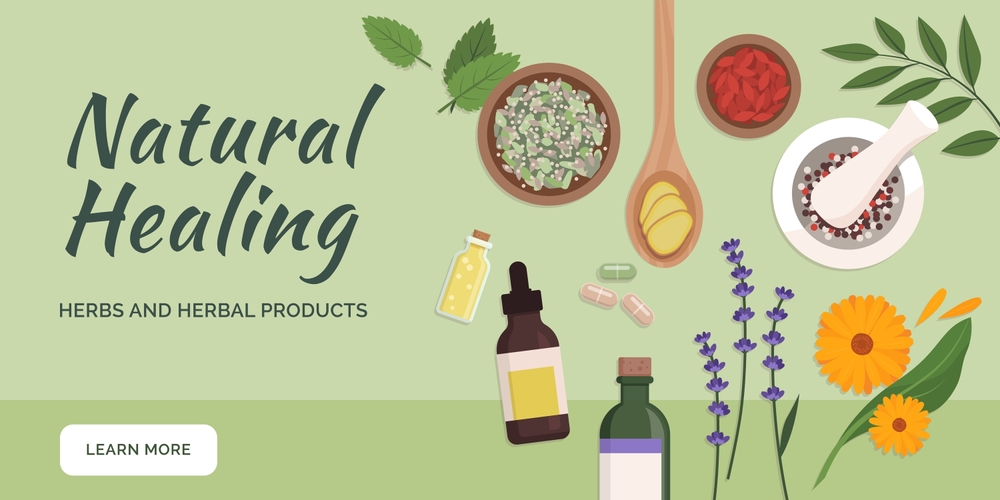If you have chronic kidney disease, especially if you have diabetes, then you know you have to be very careful about what you eat and what to drink. Many people in this situation ask whether it is safe to drink common beverages such as tea and coffee.For people with kidney disease, drinking tea can have both benefits and risks, depending on the type of tea and how much is consumed. Here's a breakdown:
Does Drinking Tea Help Or Harm People With Kidney Disease?
Antioxidants Some teas, especially green tea, are rich in antioxidants like catechins. These may help reduce inflammation, which could potentially be beneficial for people with chronic kidney disease (CKD).
Hydration: Proper hydration is essential for kidney health. Unsweetened, caffeine-free herbal teas can contribute to daily fluid intake without the risk of dehydration.
Potential Risks:
Oxalates: Black tea, in particular, contains oxalates. High oxalate levels can increase the risk of kidney stones, especially in people prone to calcium oxalate stones.
Caffeine: Teas with caffeine (like black, green, and oolong tea) may cause dehydration if consumed in large amounts. Caffeine can also increase blood pressure, which is problematic for people with CKD.
Potassium Levels: Some teas, especially herbal blends, may contain potassium. People with advanced kidney disease often need to limit potassium intake, so it’s important to check labels or consult with a healthcare provider.
Phosphorus Additives: Certain iced teas or commercially prepared teas may contain phosphorus additives, which can be harmful for those with kidney disease, particularly in later stages.
Best Teas for Kidney Disease:
Herbal Teas (without potassium-rich herbs): Chamomile, peppermint, or ginger teas are often safe for people with kidney disease as they are naturally caffeine-free and low in oxalates.
Green Tea (in moderation): While green tea contains some oxalates, it has lower levels compared to black tea. Drinking it in moderation may provide antioxidant benefits without significantly increasing kidney stone risk.
Conclusion:
For those with kidney disease, it is generally safe to drink herbal teas that are low in oxalates and potassium. Moderation is key with caffeinated or oxalate-rich teas. It's important to consult with a healthcare provider or a dietitian to tailor tea consumption to specific health needs.


